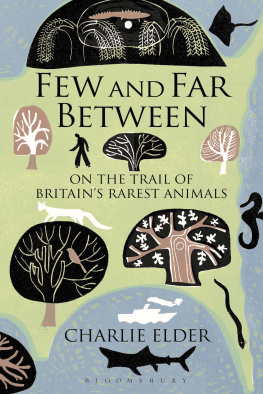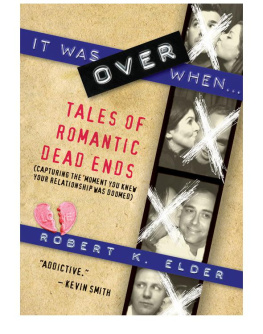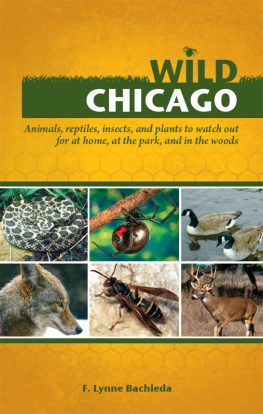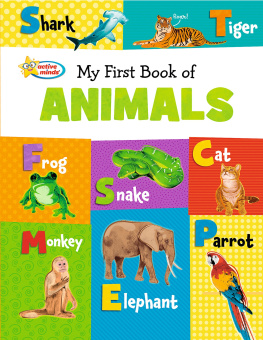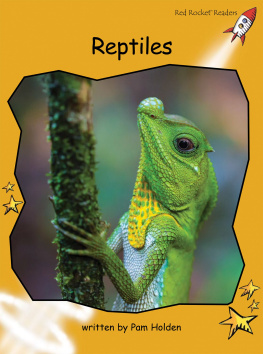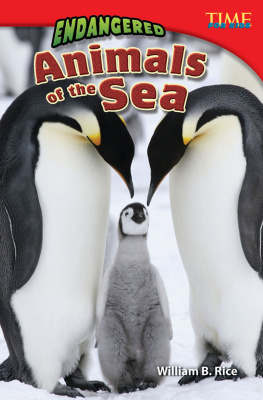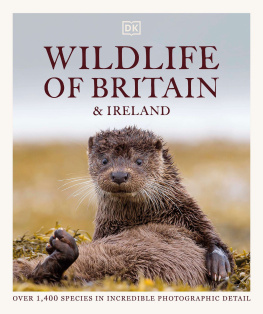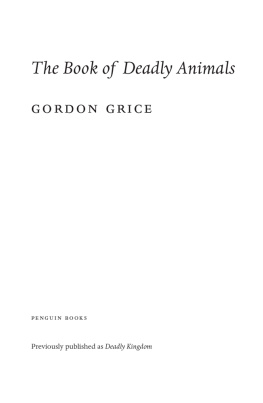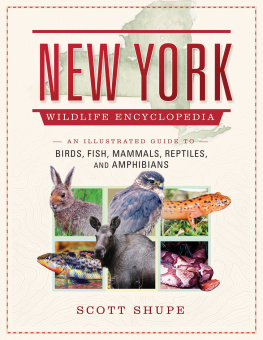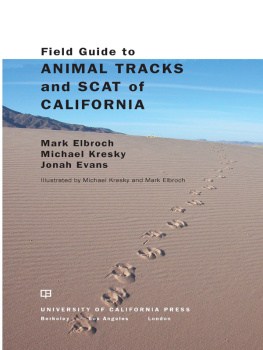FEW AND FAR BETWEEN
For my parents, Andrew and Penny
FEW AND FAR BETWEEN
On the Trail of Britains Rarest Animals
Charlie Elder
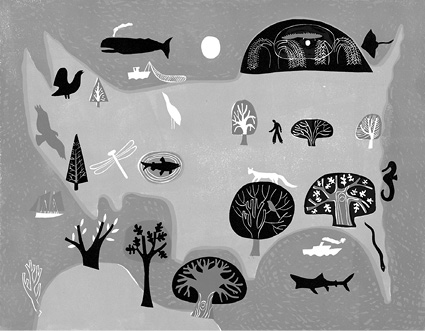

Bloomsbury Publishing Plc
| 50 Bedford Square | 1385 Broadway |
| London | New York |
| WC1B 3DP | NY 10018 |
| UK | USA |
www.bloomsbury.com
BLOOMSBURY and the Diana logo are trademarks of Bloomsbury Publishing Plc
First published 2015
text by Charlie Elder, 2015
cover, contents page and chapter header artworks by Melvyn Evans, 2015
photographs by Charlie Elder, 2015
Author photographs taken on his camera are with thanks to Sammy (great auk egg), David (common skate), Becca (great crested newt) and Ben (vendace). Spiny seahorse, as seen by author, photograph taken by Neil Garrick-Maidment.
Charlie Elder has asserted his right under the Copyright, Designs and Patents Act, 1988, to be identified as Author of this work.
All rights reserved. No part of this publication may be reproduced or transmitted in any form or by any means, electronic or mechanical, including photocopying, recording, or any information storage or retrieval system, without prior permission in writing from the publishers.
No responsibility for loss caused to any individual or organization acting on or refraining from action as a result of the material in this publication can be accepted by Bloomsbury or the author.
British Library Cataloguing-in-Publication Data
A catalogue record for this book is available from the British Library.
ISBN: HB: 978-1-4729-0518-5
PB: 978-1-4729-0519-2
ePub: 978-1-4729-0517-8
2 4 6 8 10 9 7 5 3 1
Contents

I am sitting alone beside the sea at dusk on a remote island in the Hebrides, staring at a blob of peanut butter. Ive been watching and waiting for well over an hour, and Im cold and tired. A strong westerly wind that has raced across the Atlantic, trailing its fingers in the ocean, is flinging spray across my back and trying to elbow me out of its way, while the wet pebbles beneath me have squeezed all feeling from my calves. This is an exposed place to spend time in any weather: a causeway of round grey stones, smooth as peppermints, heaped up by the waves on both sides and linking two outcrops of land. At the far end, a towering shoulder of basalt shelters the nests of puffins and razorbills beyond, while in front of me vertical slabs of rock topped by tough grass and sea pink rise from the tideline. It is beneath these cliffs, tucked in among clumps of stranded seaweed, that I have placed a spoonful of peanut butter before retreating to a suitable vantage point close by.
I cant deny that my behaviour is slightly bizarre, and should probably have come with an advisory notice to passers-by: Warning, this beach contains nuts. Not that you get passers-by in this far-flung location. The isolated Shiant Isles, situated off north-west Scotland, arent the kind of place where you just happen to find yourself unless shipwrecked and if you came across a lone figure sitting in the gloom, hood pulled up over his head, camera clutched in one hand, gaze fixed on a smear of Sun-Pat, you would be forgiven for turning around and swimming back to your sinking vessel. Even more so if you knew what I was looking for. Over two days I have journeyed hundreds of miles, by plane, coach, car and boat, to get here in the hope of encountering a small mammal most people would happily travel a long distance to avoid, a rodent that in its heyday was responsible for wiping out half the population of Britain yet is now a national rarity. And despite the discomfort, the cold and fatigue, being bullied by the wind and deafened by crashing waves nearby, Im filled with excitement, rooted to the spot and scanning the rocks in the fading light for movement, for a glimpse of dark eyes, a hairless tail...
This is one of the final destinations on a quest that has taken me the length and breadth of Britain in search of our rarest and most endangered animals. I have visited wetlands, heathlands, woodlands and uplands, endured extremes of weather, been bitten, stung, pecked and shat on (from a great height), had a go at pond dipping, fishing, snorkelling and moth trapping, joined shark, bird and bat surveys, and figured out how to get a good nights sleep in a Ford Focus. I am now close to completing the challenge I set myself a year ago, and ready to return to family life and months of unbroken work, having used up all my holiday entitlement. Yet even though I have come so far and seen so much, I would gladly start out all over again. Far from having satisfied an appetite for wildlife, I am hungrier than ever for new encounters.
In the meantime, trusting to good luck and an offering of sweet peanut gloop, I am hoping to spot just one more scarce species, and as I shift position, lifting my head to stretch the stiffness from my shoulders, I notice out of the corner of my eye something stirring among the boulders. This is one of those magic moments on the trail of rare animals that I have come to love, when months of anticipation, weeks of planning, days of travel and hours of waiting come down to a split second, an intake of breath, a heartbeat of hope coursing through the veins. Could this be it? Could this be it?

A smooth snake basks in a patch of warm sunlight by the heather. Natterjack toads grate the air above the dunes with their rhythmic croaking. Deep within a nest of dried honeysuckle a dormouse sleeps curled in a ball. Young pine martens tumble in play on the forest floor. Ah, the great indoors!
Once again I found myself slumped in front of the telly, cradling a glass of wine, watching breathless presenters enjoying exhilarating views of British wildlife. I had managed to outwit my two teenage daughters and seize control of the TV remote, and was adopting the airline steward approach to parenting: Always attend to yourself before your children.
Havent you seen all this before? my eldest daughter sighed.
Perhaps, I admitted.
Cant you just go out in the garden and look at stuff there instead? her sister suggested as they shuffled out of the room.
Im tired.
Lame! she called out from the stairs.
There was a time, before developing an allergy to adult enthusiasm, when they might have watched wildlife programmes with me, but not anymore. They were too busy cultivating their own interests to pretend to share mine, and, growing up in a village on Dartmoor, it was perhaps natural that they took our flora and fauna for granted. I had spent my younger years in London and still grasped at outdoor experiences, wrapping my arms around them, clinging on desperately, inhaling deeply, sucking them up as if they might escape me: Look, a sparrowhawk! What a view! Come and see this frog! Over the years there had been notable high points when I congratulated myself that a little excitement had rubbed off on them like when my daughter, aged , actually noticed a bright red bird in Central Park on a trip to New York and demonstrated commendable identification skills as she pointed it out, remarking in a deadpan tone: Look dad. A bird. And there had been low points, such as the time I took my youngest daughter on a ski-centre toboggan ride in Plymouth, which involved racing down a long metal half-pipe on wheels. During her first run, a mouse jumped into the smooth-sided track and was unable to escape, and with no steering she couldnt avoid hitting it. As if that wasnt traumatic enough, I had bought a multiple-run ticket, so, knowing I am not one to waste money, she had dutifully climbed aboard her toboggan again for her remaining goes flattening the dead mouse five times in all. We are told our children should connect with nature, but perhaps that was taking things too far.
Next page
